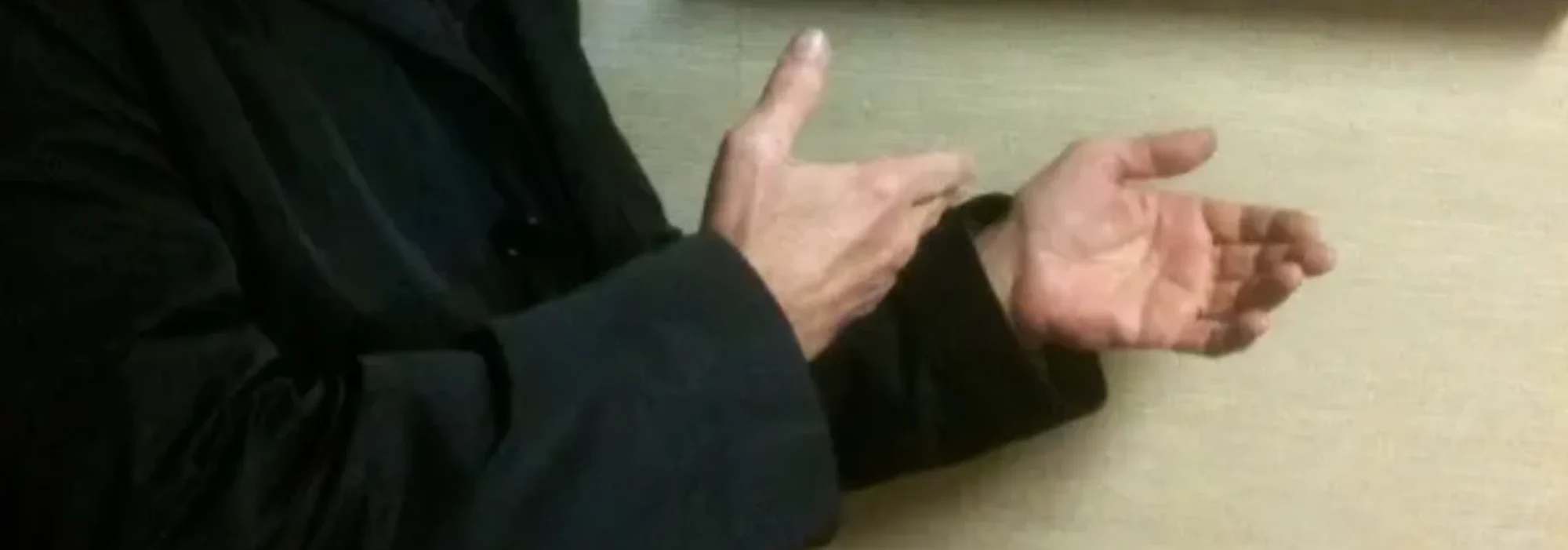I don’t really have the energy to get outraged over the rushed nomination to RBG, the idolation of whom is typical of the current state of “liberal” culture. Make that liberal “culture”.
Hypocrisy, such as McConnell’s, is the name of the political game. Did anyone think Trump wouldn’t rush to appoint? But hypocrisy of the ones justifies, in my opinion, the hypocrisy of the others. The GOP will prevail on this Scotus nomination but what will be their eventual cost? I personally hope that revenge will be sought and obtained — a somewhat different wish than yours for eventual balance and restraint. I don’t know if the Dems will prevail in the White House or the Senate. But all gloves are off, and should be.
For the record, you know already, that I am radically pro-choice, but I am also increasingly anti-woke. Another recent tweet of mine: “How many racists can dance on the the head of a pin?” A turn of thought a little too complex for Twitter, I admit. The Woke Ones probably didn’t get my point.
John remarked in a tweet that he had felt the help of that beer. I think the recording session took place late in the afternoon, so cocktail hour. I remember his personal taste as being more inclined to chardonnay.
Interesting about the Le Monde magazine piece, alas only a snipet available this side of the firewall, though easy to imagine backhanded French dédain therein expressed: https://www.lemonde.fr/m-le-mag/article/2020/09/18/thomas-chatterton-williams-glenn-loury-coleman-hughes-les-anticonformistes-de-l-antiracisme_6052654_4500055.html
Orwellian dimensions to what is going on, including at Princeton (the nominal home of that imperialist, racist pig Woodrow Wilson). Turns out that some animals are more equal than others. And what people are being charged with is what we used to call “thought-crimes”.
All of this is further proof to me of the incipient chaos of a disintegrating empire, one which will take many down with it. I am even beginning to want to live long enough to see more well-deserved damage on the US body politick. Let the chickens come home, I say, transitioning from Boomer to Doomer.
Cheers,
George
